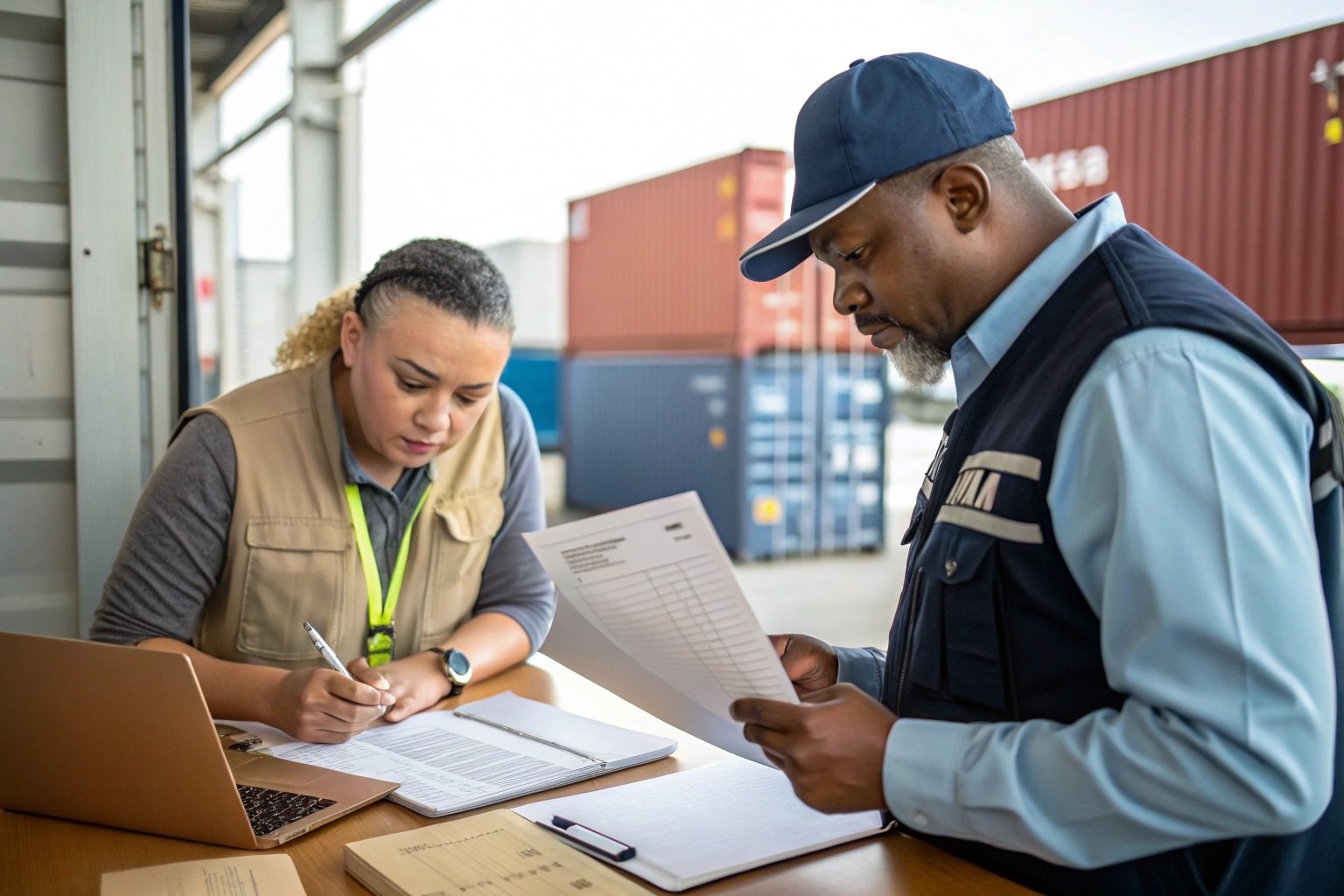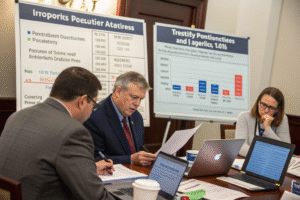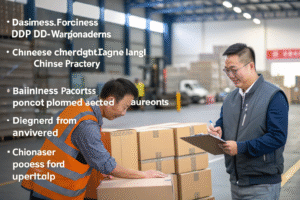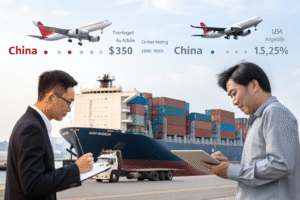Shipping your goods from China is just the first step. Getting them through U.S. customs without delays is the real challenge — and many importers learn that the hard way.
To ensure fast customs clearance, you must submit correct documents, classify your goods accurately, partner with the right customs broker, and avoid common declaration mistakes.
Smooth customs entry means fewer storage fees, shorter delivery times, and happier customers. Let me show you how to get your shipments cleared quickly and consistently.
Key documents required for smooth customs entry
If your paperwork is incomplete or inconsistent, your cargo will get flagged. U.S. Customs and Border Protection (CBP) uses your documents to verify everything — from product type to declared value.
The essential documents for U.S. customs clearance include a commercial invoice, packing list, bill of lading, and the correct HS code. Missing or vague information causes automatic delays.
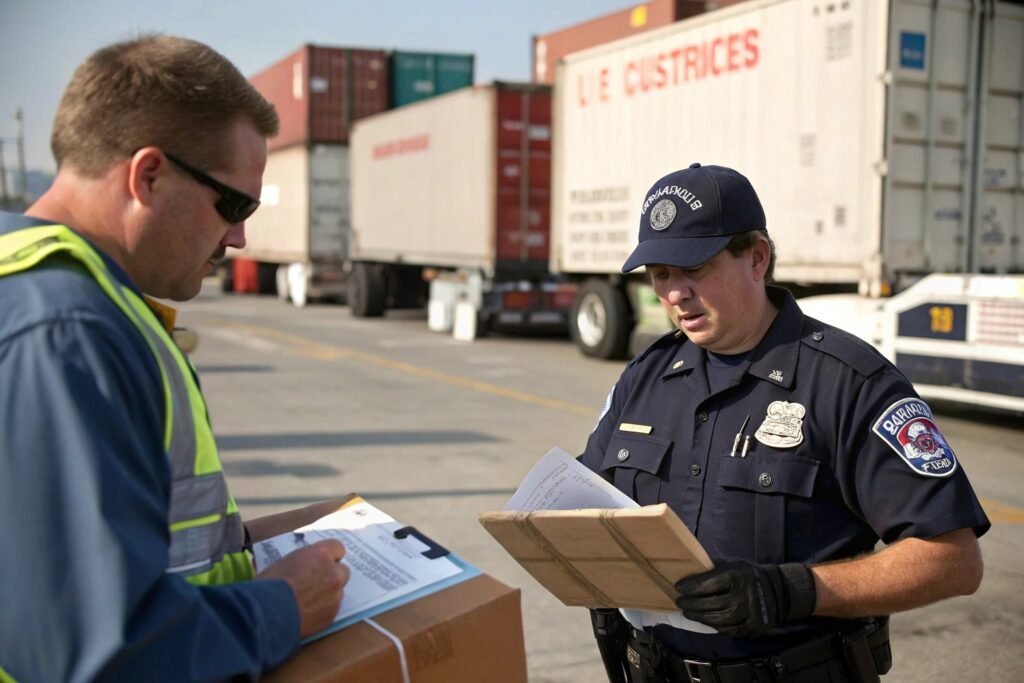
What paperwork does CBP need to release your shipment?
| Document | Purpose |
|---|---|
| Commercial Invoice | Declares product value and description |
| Packing List | Lists contents, weight, volume, package type |
| Bill of Lading | Proves shipment route and ownership |
| Arrival Notice | Sent by carrier to notify of arrival |
| Entry Summary (CBP Form 7501) | Required for formal entry process |
| Customs Bond | Guarantees duty payment and compliance |
| Importer ID or EIN | Needed to act as importer of record |
| Correct HS Code | Determines duty and admissibility |
At GeeseCargo, we help clients prepare these documents in advance, double-check HS codes, and ensure that values and product names match exactly across all forms.
Do air and ocean shipments require different paperwork?
Yes, but only slightly. Air shipments use an Air Waybill instead of a Bill of Lading, and they typically face fewer document checks. Ocean shipments require more detailed documentation — especially for FCL containers.
That’s why we recommend pre-clearing your ocean freight 3–5 days before arrival whenever possible.
Common mistakes that delay US customs clearance
Even one small error can delay your cargo by days or even weeks. We’ve seen it happen — and most of the time, it’s avoidable.
The most common causes of customs delays are inaccurate product descriptions, undervalued invoices, incorrect HS codes, and missing importer IDs.

What mistakes should you watch out for?
| Mistake | Consequence |
|---|---|
| Generic descriptions (e.g., “accessories”) | Triggers manual inspection |
| HS code mismatch | Results in reclassification or rejection |
| Missing EIN or IRS ID | Shipment cannot be legally imported |
| Undervaluation | Suspected fraud leads to document hold |
| Incorrect consignee name | Delays delivery and entry filing |
| Late paperwork | Port storage charges, missed clearance window |
We once helped a buyer whose goods were labeled as “plastic product” — no quantity, no item name, no HS code. CBP held the cargo for 10 days. After we reissued a compliant invoice, the shipment cleared in 24 hours.
Are LCL shipments more prone to clearance issues?
Yes. Shared containers mean shared risk. If another shipper’s cargo has issues, your entire container can be held. That’s why we recommend FCL for sensitive or time-sensitive goods.
If you must use LCL, we pre-check the documents of all co-loaders and coordinate early submission to reduce group delays.
How to choose a broker for faster clearance
A reliable customs broker doesn’t just file forms — they clear problems. The right broker can mean the difference between a one-day release and a two-week hold.
To clear U.S. customs quickly, work with a licensed broker who understands your product category, communicates well, and integrates with your freight forwarder.
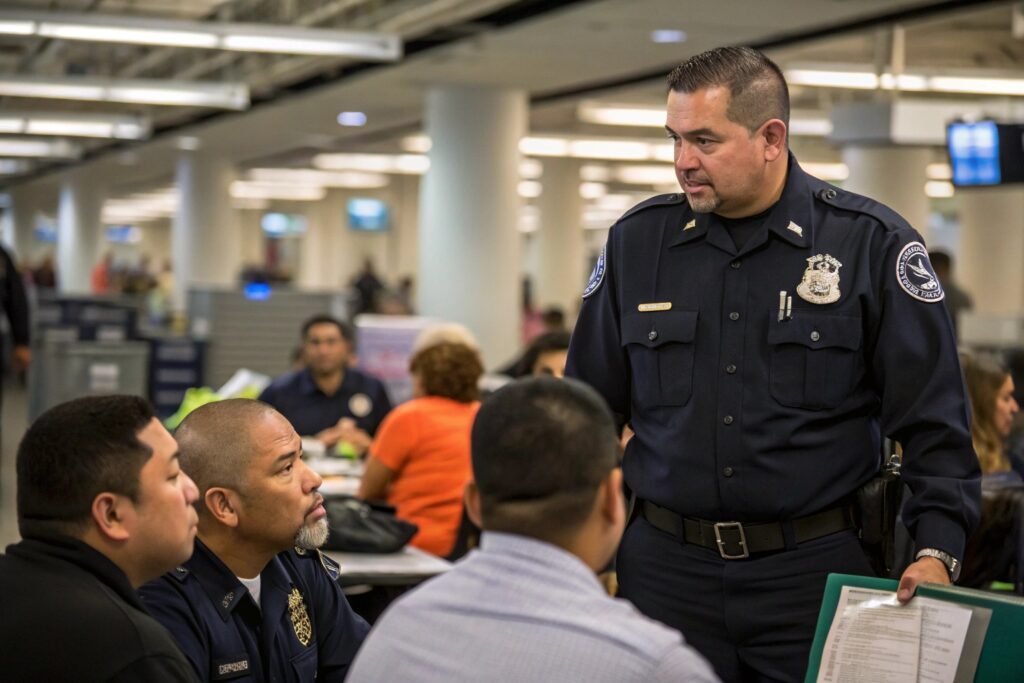
What should you look for in a customs broker?
| Trait | Why It Matters |
|---|---|
| Licensed by CBP | Legally allowed to file entries |
| Industry experience | Knows specific product rules |
| Digital systems | Allows faster document uploads |
| Works with forwarders | Smooths communication across teams |
| Available for follow-ups | Can resolve issues in real time |
At GeeseCargo, we partner with licensed U.S. brokers who specialize in textile, electronics, and accessory categories. We also ensure the broker has direct ACE system access for faster filings.
Can you use the same broker for all shipments?
Yes — and you should. Working with the same broker ensures they:
- Understand your products
- Keep a record of past entries
- Catch pattern-based issues quickly
- Anticipate changes in duty or import requirements
We offer bundled freight + customs services for DDP shipments. That way, clearance is our job — not yours.
Pro tips to speed up China–US customs processing
Want to make your customs process faster every time? It’s about preparation, timing, and teamwork.
You can speed up customs by using pre-clearance, accurate declarations, trusted forwarders, and full DDP shipping services. Planning ahead is everything.
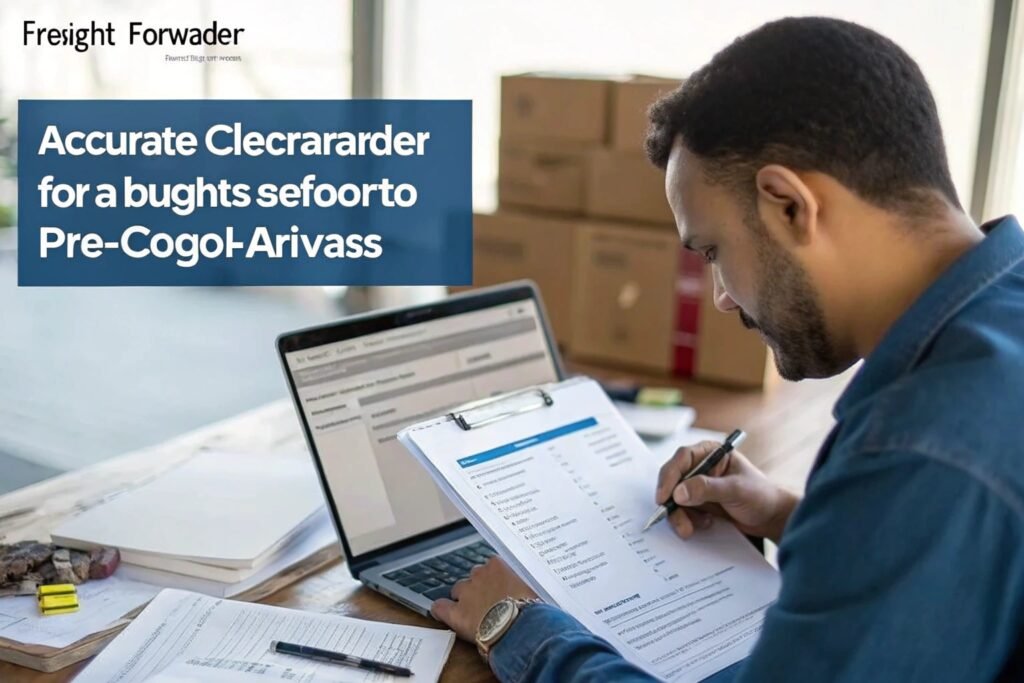
What strategies actually work?
| Tip | Result |
|---|---|
| File Entry Early (ISF for ocean) | Avoids late penalty and speeds approval |
| Use Consistent HS Codes | Reduces reclassification risk |
| Match Invoice & Packing List | Avoids CBP confusion |
| Choose Telex Release B/L | Avoids delays in document courier |
| Pre-check consignee EIN and address | Prevents importer identity errors |
| Use DDP Shipping | Seller handles all customs steps |
| Work with one forwarder-broker team | Streamlined communication and faster decisions |
We helped one client reduce their customs delays from 5 days to 1 day by simply reorganizing their invoice layout to match CBP’s preferred order (product name → HS code → quantity → value).
What is pre-clearance and how does it help?
Pre-clearance means submitting your documents before the vessel or plane arrives. This allows CBP to review, request clarification, or flag any issues while cargo is still en route.
With pre-clearance, many shipments get released immediately upon arrival, saving 1–3 days in port processing.
GeeseCargo offers this by default for FCL and air freight shipments — especially during Q4 or holiday season, when every day counts.
Conclusion
Fast customs clearance is not luck — it’s planning. With the right documents, a proactive broker, and a reliable freight forwarder like GeeseCargo, you can clear U.S. customs quickly, avoid delays, and keep your business running on schedule.
